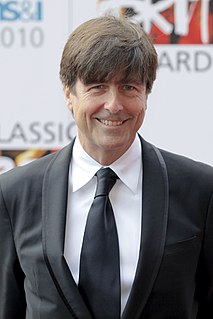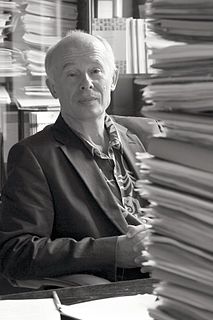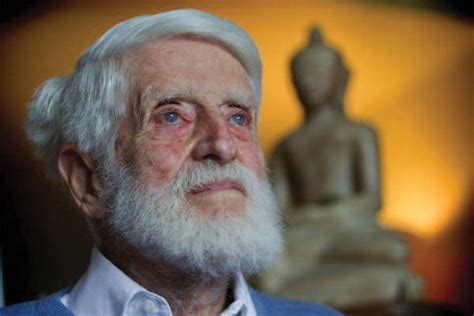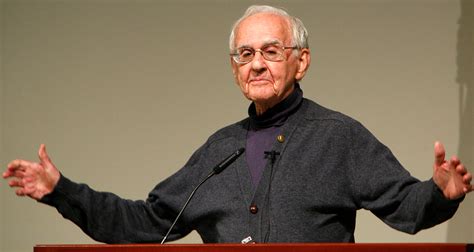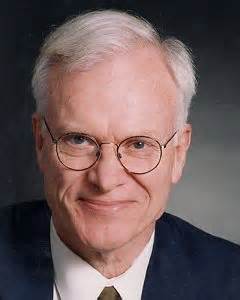A Quote by Thomas Newman
In 'Saving Mr. Banks,' the challenge was just transitions. Time transitions from 1961 to 1906; how do you follow a character in one environment to another? And sometimes these transitions were quick, so how do you do that?
Related Quotes
As runners, we all go through many transitions-- transitions that closely mimic the larger changes we experience in a lifetime. First, we try to run faster. Then we try to run harder. Then we learn to accept ourselves and our limitations, and at last, we can appreciate the true joy and meaning of running.
Either the Earth System would undergo major phase transitions as a result of unchecked human pressure on nature's capacities and resources or a "Great Transformation" towards global sustainability would be initiated in due course. Neither transitions nor transformations will be manageable without novel forms of global governance and markets.
I volunteered at UCLA's occupational therapy ward, where there are lots of kids with autism and emotional problems. I just wanted to prove to myself that I could not break down and cry at everything, and that I could just help somebody else. The one thing I really remember was that when we would take them out of the hospital for a walk around campus, they would freak out the most when we were waiting for the elevator. I remember the guy at the elevator said to himself, "Transitions are the hardest." And I said to myself, "Transitions are always the hardest."
Somehow, the agenda has been put into the form of talking about a set of transitions from state A, the present, to a state B that's sustainable. The problem is that there is no such state. You have to assume that the transitions are going to continue forever and ever and ever. You have to talk about systems that are continuously dynamic, and that are embedded in environments that themselves are continuously dynamic.
There certainly is a pattern of administrations that have good transitions, George W. Bush to Barack Obama, and administrations that have really bad transitions, I would say Dwight Eisenhower to John F. Kennedy. I would say this is beginning to look like a bad transition, from Barack Obama to Donald Trump as they begin to argue even at the presidential level, which is more or less unprecedented.
